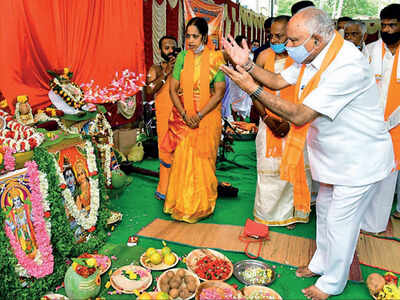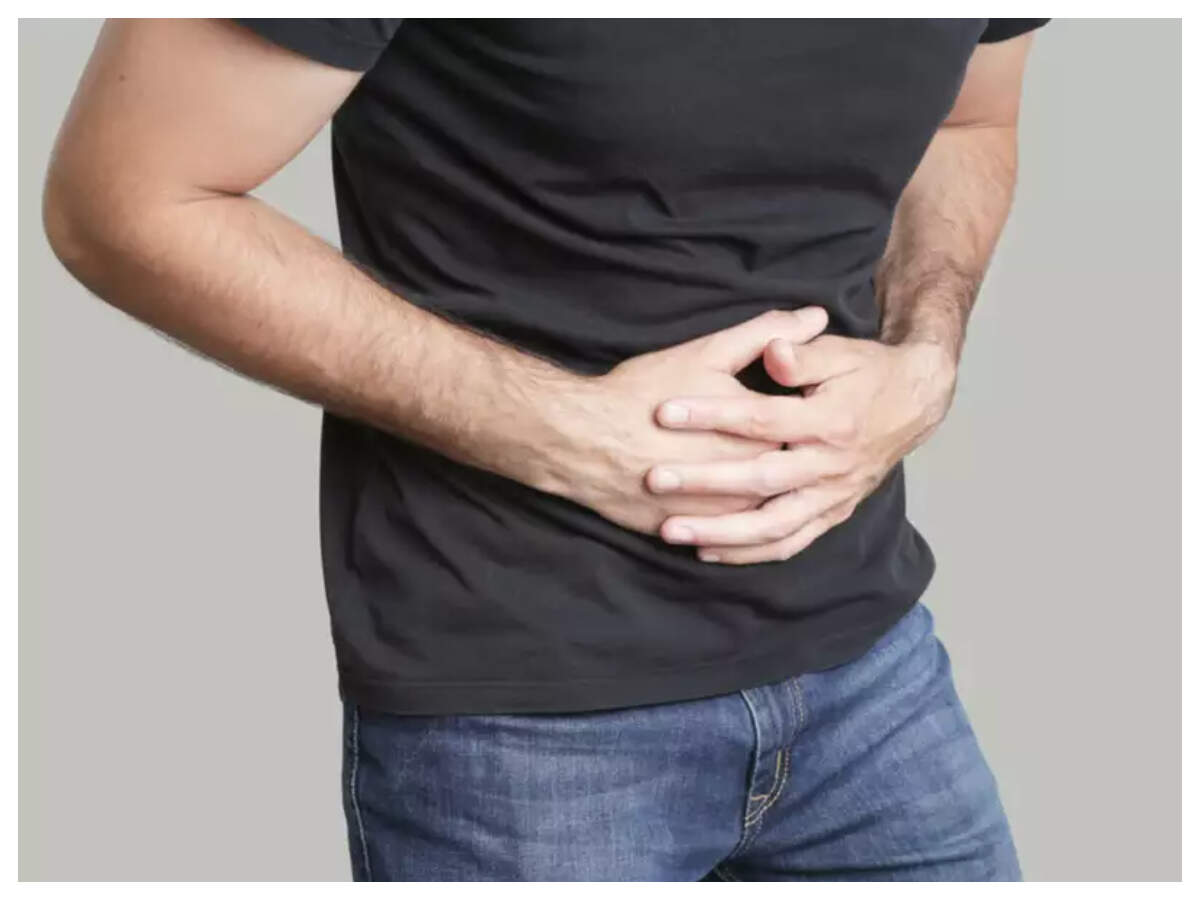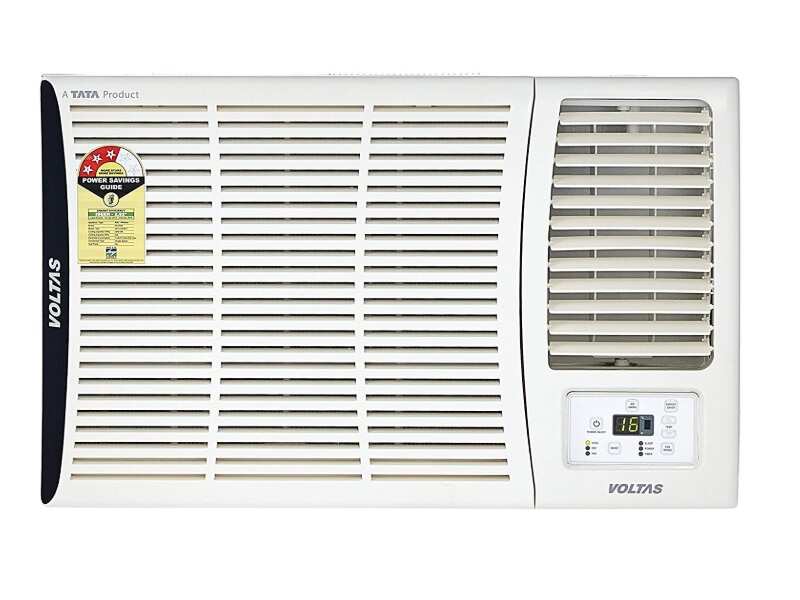
BENGALURU: The state government, which has already urged private hospitals to join the fight against the pandemic, is now planning to set up Covid-19 Care Centres (CCCs) across the state to treat very mild, mild and asymptomatic cases.
With cases spiking, the government is looking to augment infrastructure and establish CCCs on the lines of ones in Tamil Nadu. Officials have already begun the task of zeroing in on buildings -- community halls, schools, medical colleges, stadiums and hotels and the likes -- that can be converted into CCCs.
A road map shows patients will be divided into mild/very mild, moderate and severe cases and will be admitted to a CCC or a dedicated Covid private hospital depending on severity.
“Since 40%-50% of active cases exhibit only mild symptoms, we have decided to set up CCCs,” said K Sudhakar, medical education minister and Covid-19 taskforce member. “The idea is to optimally use available hospital beds and to ensure needy patients get the best treatment.”
CCCs will be set up in wards in cities and in taluks in rural areas. In the first phase, it is looking to set up 25,000 beds at these centres in the first phase. At present, the government has reserved 22,872 beds across designated hospitals for Covid patients.
Plans are also afoot to allow very mild/presymptomatic patients to be treated at home if they have the facilities at their residence for self-isolation. This would increase beds in hospitals to 75,000, including those in private hospitals with isolation wards.
“CCCs will ease the burden on major private hospitals,” said a health department official, adding that the taskforce will meet on Wednesday to fix costs of treatment in private hospitals.
The government also plans to intensifying surveillance to prevent community spread and will conduct random tests in densely populated areas. Food delivery boys, courier executives, hawkers, salesmen at shopping malls, auto drivers and pourakarmikas are among those who will be subjected to tests.
At present 15,000 tests are being conducted daily across 41 government and 29 private labs and plans are afoot to increase it to 25,000 tests a day from next month.
“The need of the hour is to ensure medical infrastructure to treat patients and lay down an effective strategy to control the death rate by protecting vulnerable sections,” said Sudhakar.
With cases spiking, the government is looking to augment infrastructure and establish CCCs on the lines of ones in Tamil Nadu. Officials have already begun the task of zeroing in on buildings -- community halls, schools, medical colleges, stadiums and hotels and the likes -- that can be converted into CCCs.
A road map shows patients will be divided into mild/very mild, moderate and severe cases and will be admitted to a CCC or a dedicated Covid private hospital depending on severity.
“Since 40%-50% of active cases exhibit only mild symptoms, we have decided to set up CCCs,” said K Sudhakar, medical education minister and Covid-19 taskforce member. “The idea is to optimally use available hospital beds and to ensure needy patients get the best treatment.”
CCCs will be set up in wards in cities and in taluks in rural areas. In the first phase, it is looking to set up 25,000 beds at these centres in the first phase. At present, the government has reserved 22,872 beds across designated hospitals for Covid patients.
Plans are also afoot to allow very mild/presymptomatic patients to be treated at home if they have the facilities at their residence for self-isolation. This would increase beds in hospitals to 75,000, including those in private hospitals with isolation wards.
“CCCs will ease the burden on major private hospitals,” said a health department official, adding that the taskforce will meet on Wednesday to fix costs of treatment in private hospitals.
The government also plans to intensifying surveillance to prevent community spread and will conduct random tests in densely populated areas. Food delivery boys, courier executives, hawkers, salesmen at shopping malls, auto drivers and pourakarmikas are among those who will be subjected to tests.
At present 15,000 tests are being conducted daily across 41 government and 29 private labs and plans are afoot to increase it to 25,000 tests a day from next month.
“The need of the hour is to ensure medical infrastructure to treat patients and lay down an effective strategy to control the death rate by protecting vulnerable sections,” said Sudhakar.

Coronavirus outbreak
Trending Topics
LATEST VIDEOS
City
 Andhra Pradesh: Remains of ancient Lord Shiva temple found during sand mining process in Nellore
Andhra Pradesh: Remains of ancient Lord Shiva temple found during sand mining process in Nellore  Respite in temperature in Delhi-NCR in upcoming days: IMD
Respite in temperature in Delhi-NCR in upcoming days: IMD  Andhra Pradesh: 2 children die after accidentally falling into well in Srikakulam
Andhra Pradesh: 2 children die after accidentally falling into well in Srikakulam  Noida: 'Disturbed' man throws three-month-old daughter out of window
Noida: 'Disturbed' man throws three-month-old daughter out of window
More from TOI
Navbharat Times
Featured Today in Travel
Get the app





